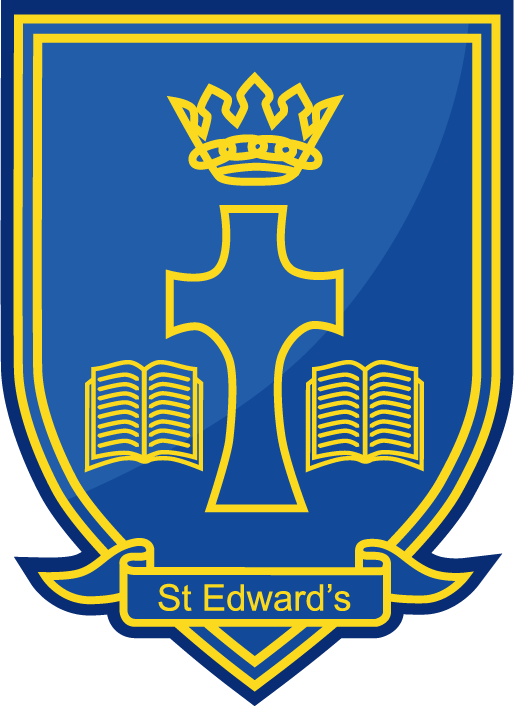PSHE
PSHE
Our aim at St Edward's is that:
Pupils become confident, resilient, reflective learners.
They play an active role in the wider community, demonstrating good citizenship.
They develop good relationships and respect the differences between people.
They are supported in understanding the feelings of others, including those with protected characteristics.
They make a positive contribution to the life of the school.
They respect and have an awareness of their own feelings.
They feel safe in our learning environment and can confidently seek help when needed.
They are supported through any challenges and flourish in their learning and personal growth.
At St Edward’s we believe that the personal, social and health development of each child has a significant role in their ability to learn.
We value PSHE and Citizenship in preparing pupils for the opportunities, responsibilities and experiences of adult life. In addition, we believe that a child needs to learn about the many emotional aspects of life and how to manage their own emotions.
We strongly encourage a 'growth mindset' and emotional literacy so that they are able to succeed academically. We believe in encouraging good learning behaviours of pupils.
The school curriculum will focus on three core learning themes: Health and Wellbeing, Relationships and Living in the Wider World. Opportunities for learning occur through PSHE lessons, whole school activities, Assemblies, Forest School, involvement with the Pupil Parliament and in all other aspects of school life.
Pupils have opportunities to join extra-curricular groups to voice their opinions and to hear the opinions of their peers. They are the heart of our school community and we make sure their voices are listened to. Opportunities to express themselves and take part in the wider community are key to developing an understanding that wellbeing and citizenship are everywhere.
Please click below link for the Department of Educations guide for parents:
 St Edward's Catholic
St Edward's Catholic